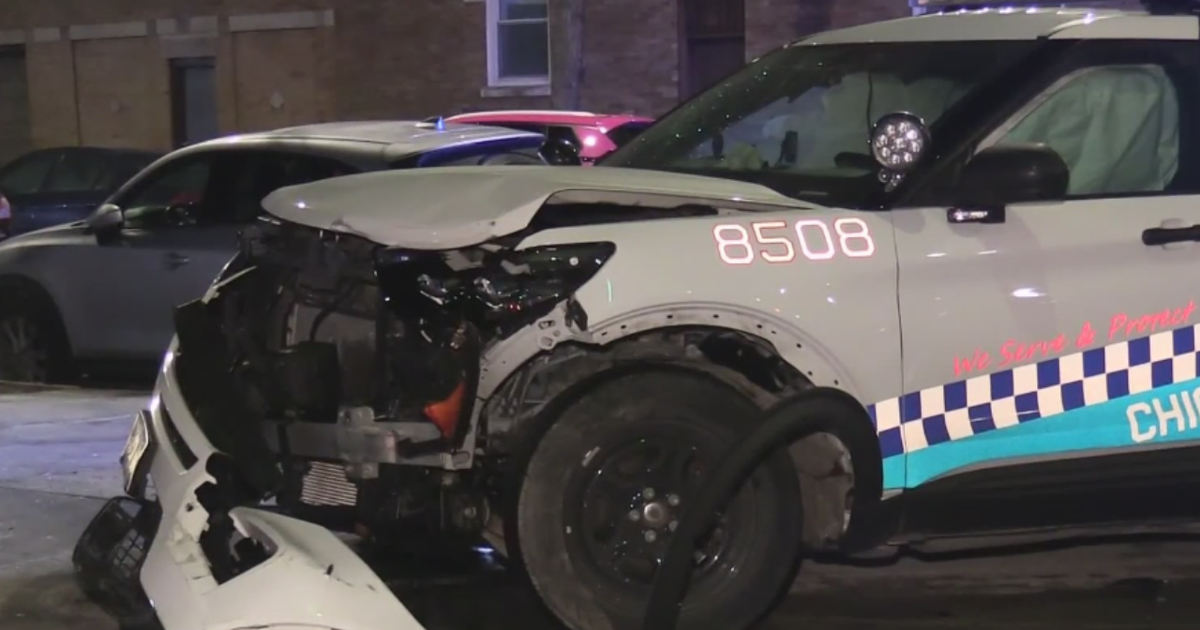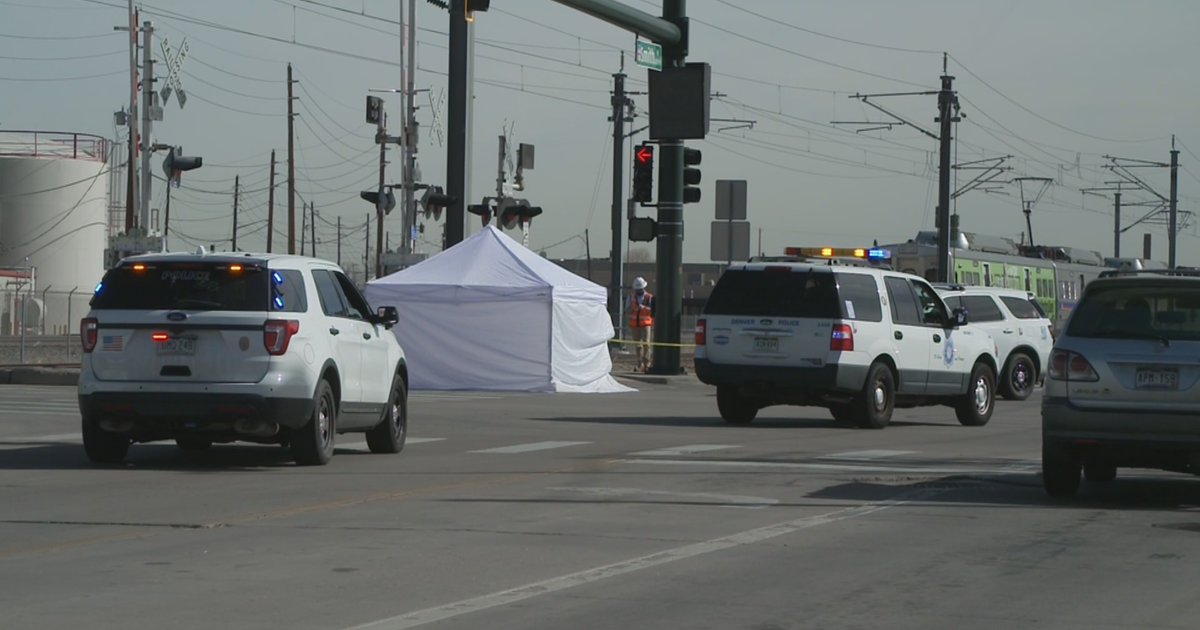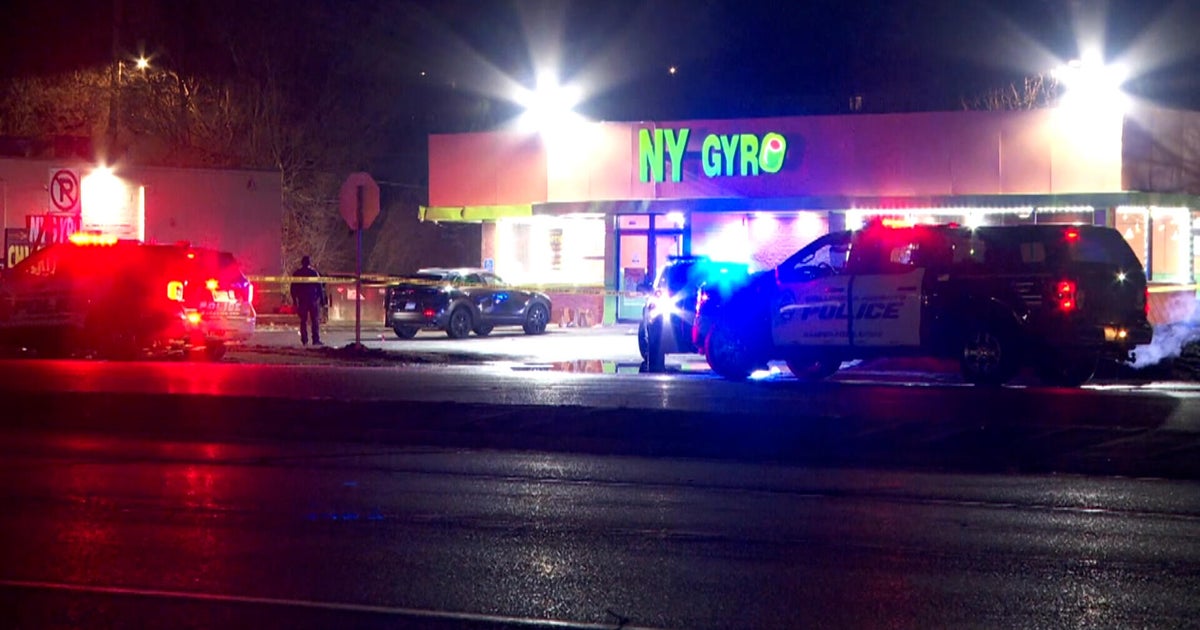Police Union To Weis: Not So Fast
CHICAGO (STMW) - The stage is set for a confrontation over Chicago Police Supt. Jody Weis' upcoming plan to reallocate police resources from lower-crime districts to those that need more officers.
Days before the plan is expected to be unveiled, the Fraternal Order of Police is serving notice that it intends to strictly enforce a union contract that could severely limit Weis' options.
LISTEN: Newsradio 780's Mary Frances Bragiel Reports
Podcast
"His hands will not be tied. But his ambitions could be curtailed by some of the contractual agreements," FOP President Mark Donahue said Friday.
"It would be a mistake to believe you can just move personnel at a whim without regard to the agreements the union has with the city. We will enforce the contract to the best of our ability."
Police Committee Chairman Anthony Beale (9th), whose Far South Side ward stands to benefit from the reallocation, countered, "It would be a disservice to the residents of this city if a grievance was filed when you're trying to save lives."
Beale said he plans to hold City Council hearings on the reallocation in mid-January.
"The superintendent is not going to do anything to jeopardize the contract. But I do believe he has the right and the leeway to move resources around, and he needs to move resources. It's 30 years overdue," the chairman said.
According to Donahue, the contract allows officers to be detailed out of districts, but only for 90 days on the basis of seniority. Permanent transfers require "just cause," he said.
If there are vacancies in a district, 80 percent of them must be filled by a bidding process won by the most senior officers from other districts. Management is free to fill just 20 percent of those vacancies with "whoever they want," Donahue said.
The contract also allows the mayor and superintendent to "make a declaration of emergency," but no signs point to that, nor can a case be made for it, Donahue said.
Sources said Weis intends to get around those constraints by establishing new and varying manpower levels for 25 police districts that are now supposed to have identical numbers of officers.
What's wrong with reassigning officers from slow districts to busier ones?
"It would make [more] sense to give proper resources to the men and women in every district and every unit that they need to do their jobs and do it properly," Donahue said.
What's wrong with reassigning officers from slow districts to busier ones?
"It would make [more] sense to give proper resources to the men and women in every district and every unit that they need to do their jobs and do it properly," he said.
© Sun-Times Media Wire Chicago Sun-Times 2010. All Rights Reserved. This material may not be published, broadcast, rewritten, or redistributed.







